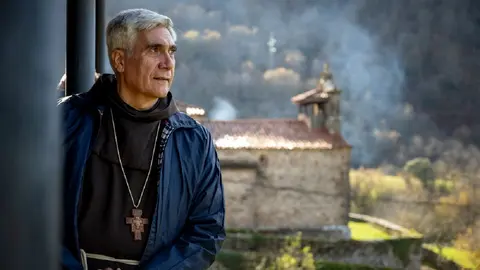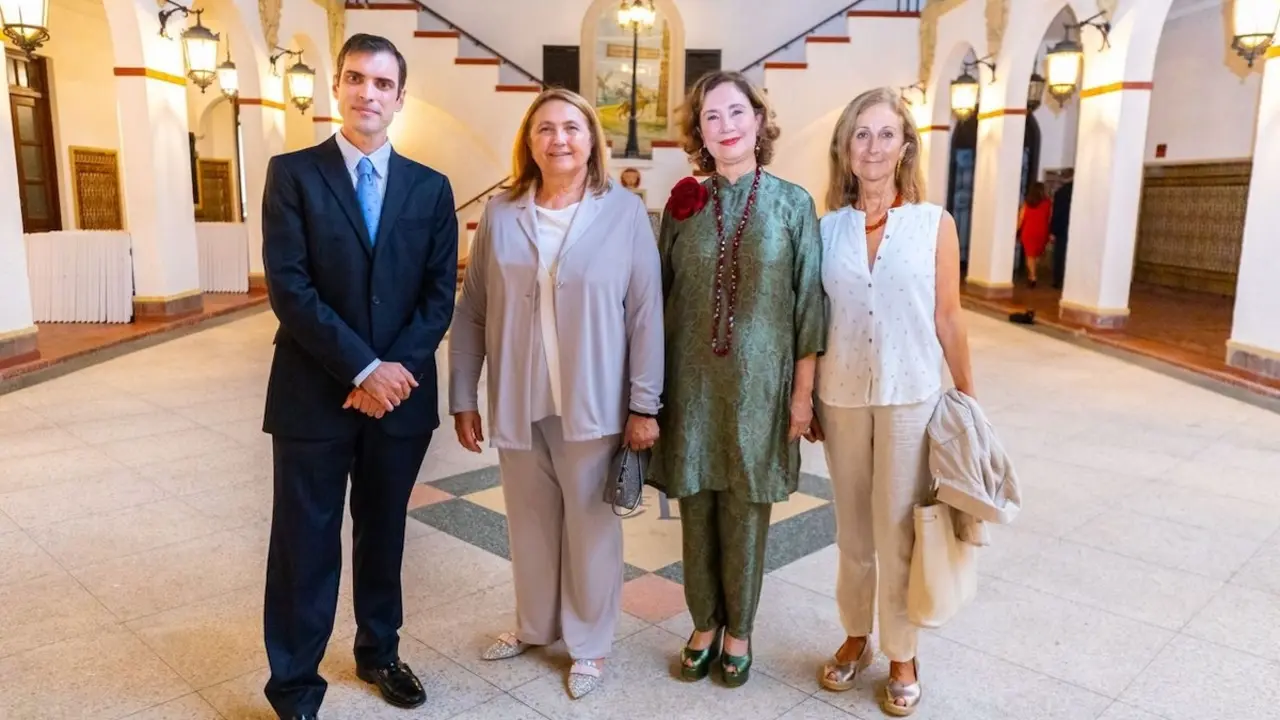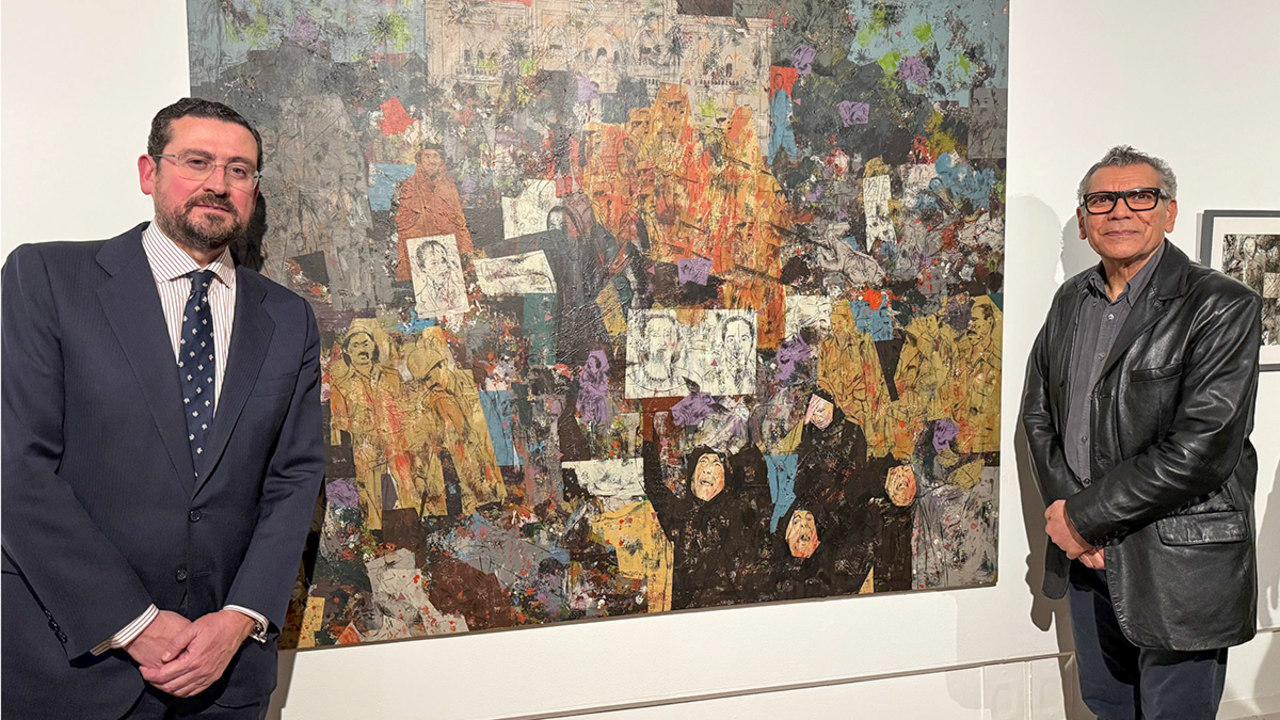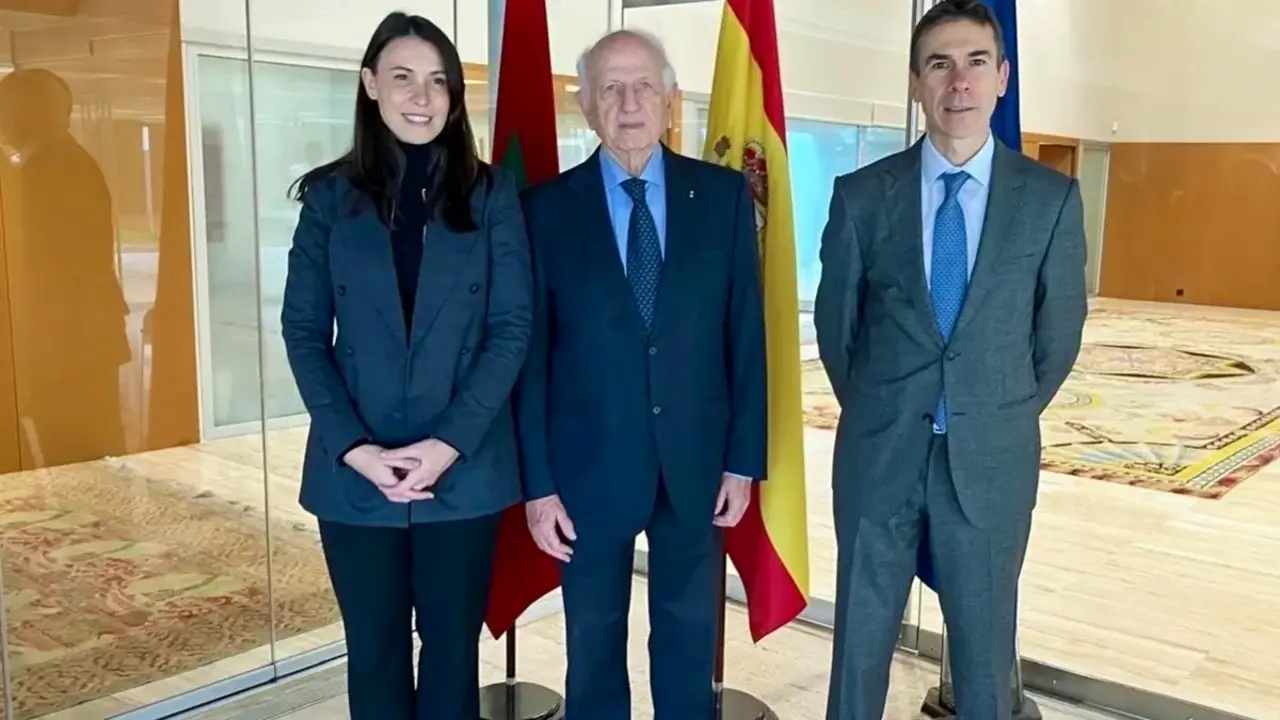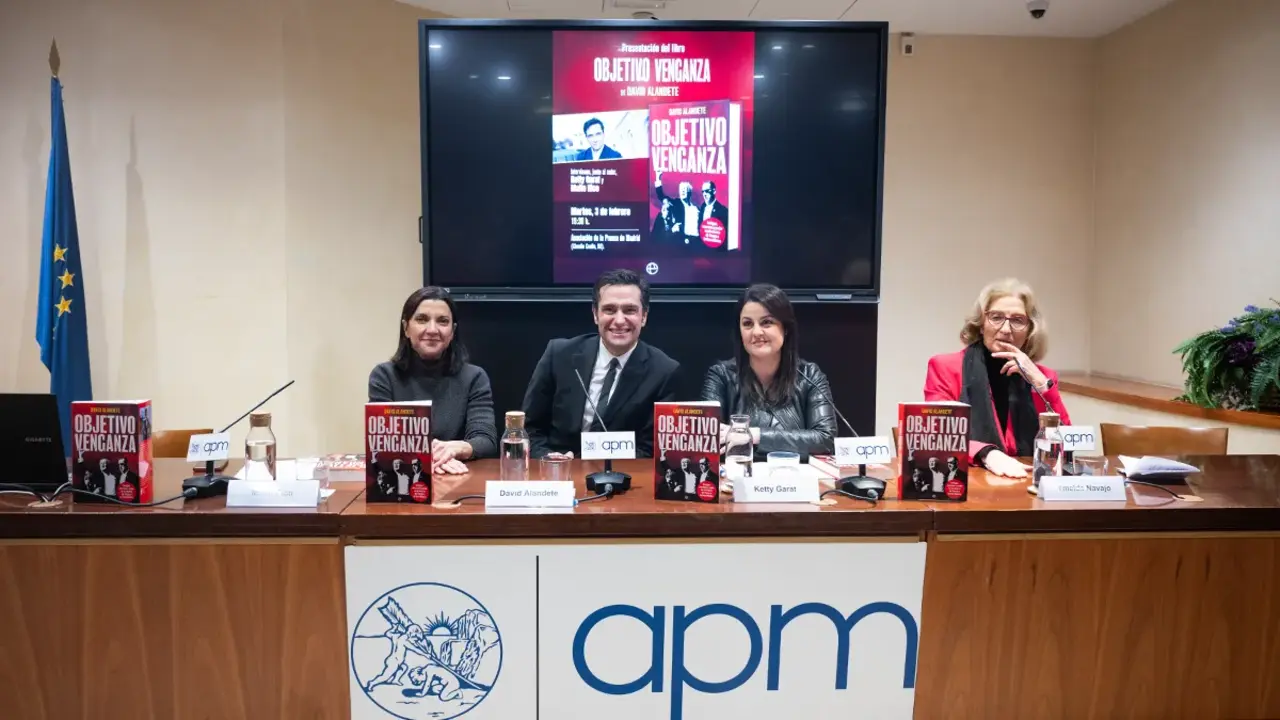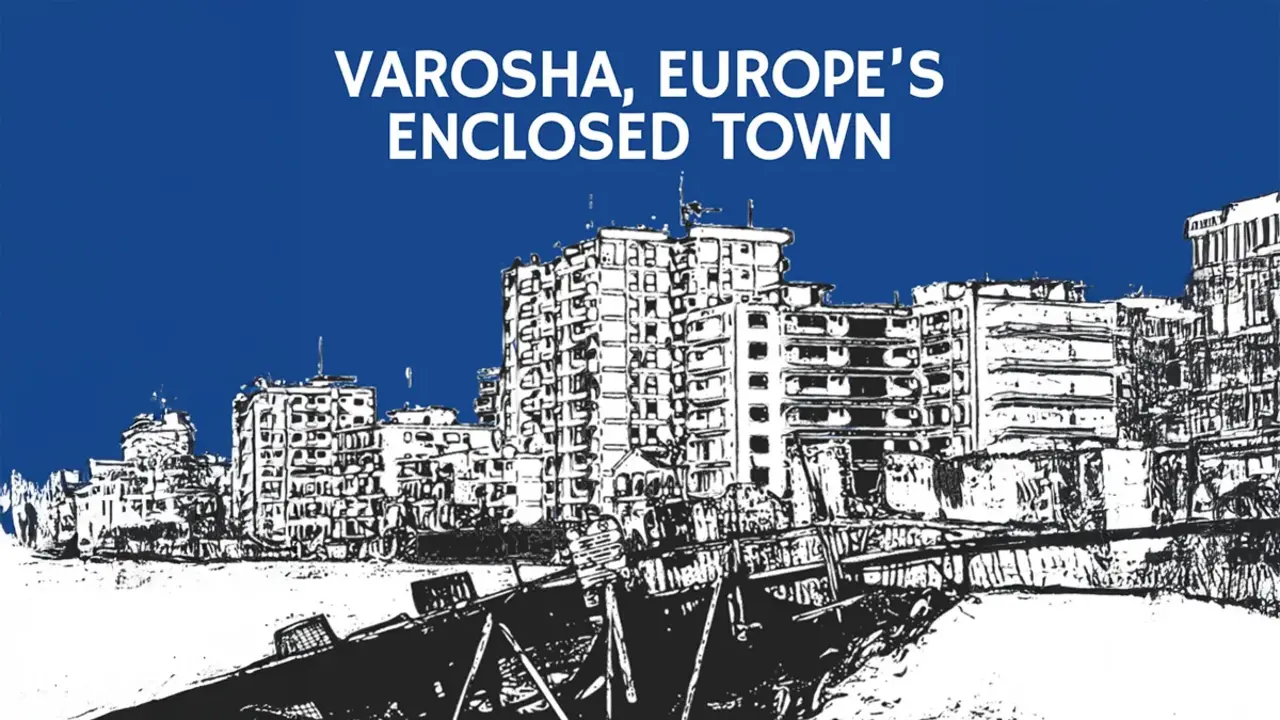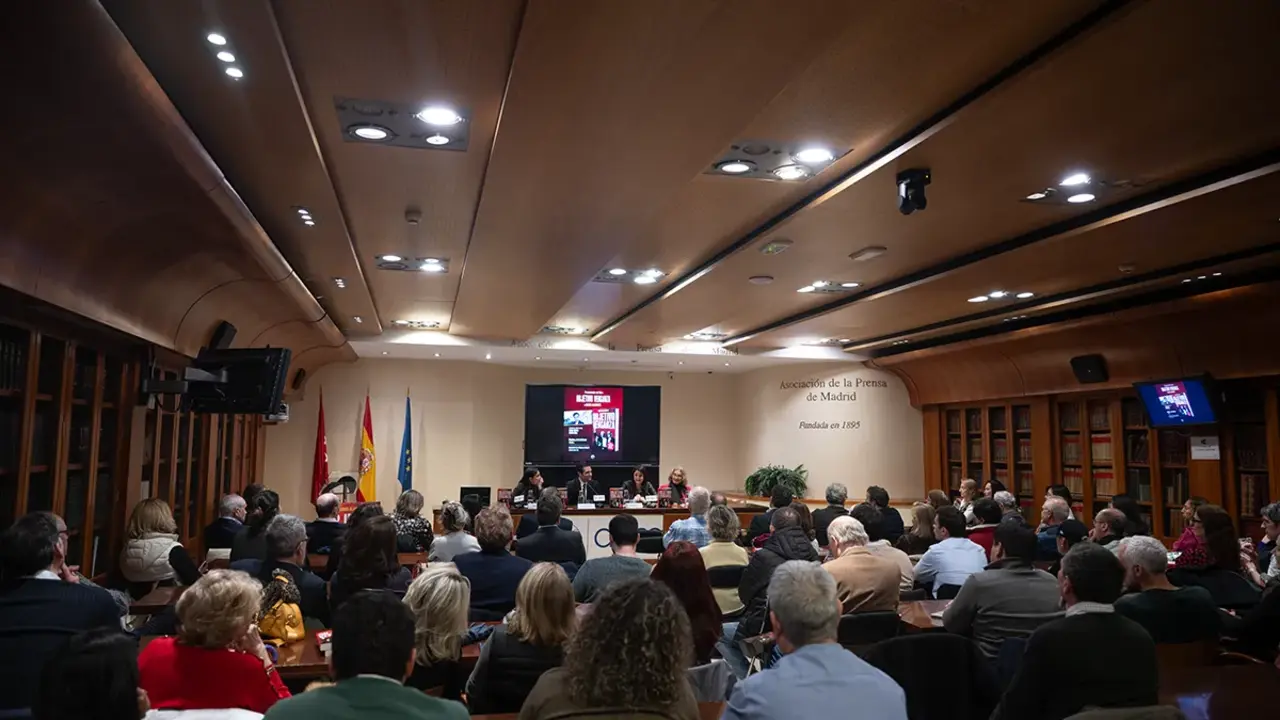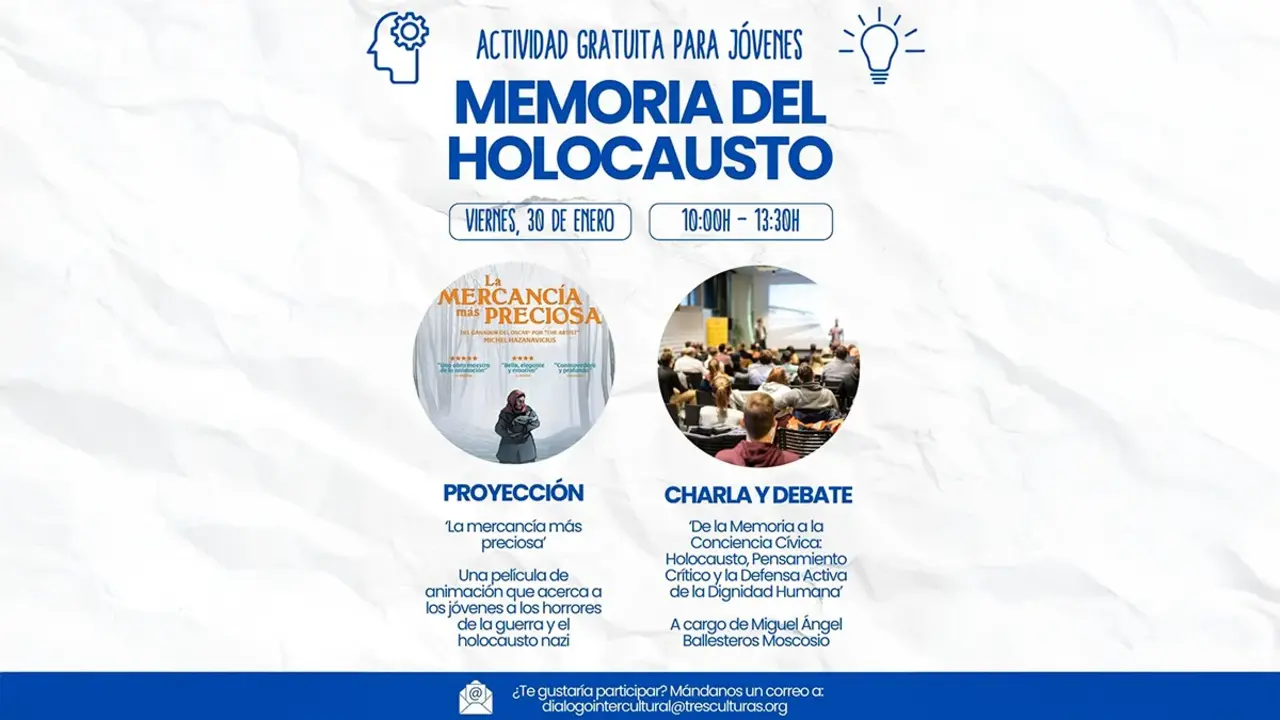Quiet diplomacy in the resolution of today's conflicts
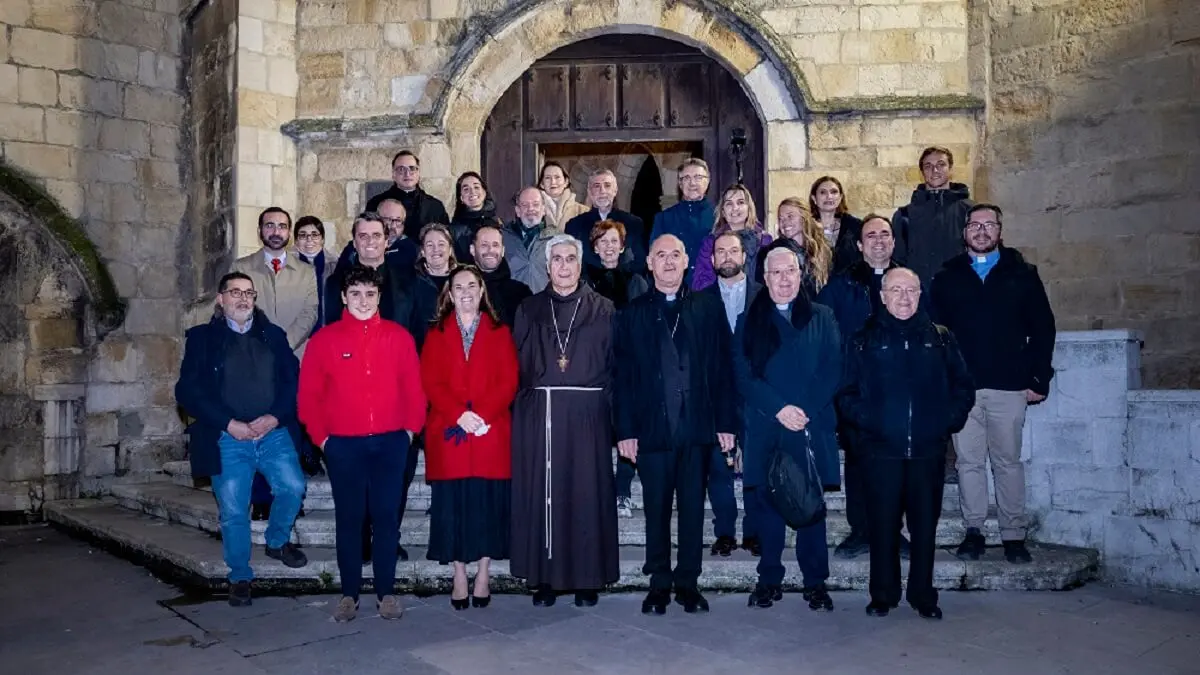
Fray José Adolfo Larregain, coadjutor archbishop of the Archdiocese of Corrientes (Argentina) and president of the Episcopal Commission for Emigration and Itinerant People of the Episcopal Conference of Argentina, told this correspondent that working for peace, through reconciliation and resilience, is the objective of ‘a silent diplomacy’, such as that of the Holy See. ‘We Argentines are witnesses to the role of the Church as mediator. It prevented us from a conflict with Chile, to give an example’-
The Church responds with dignity to the role of mediator in conflicts, through a form of diplomacy that proceeds in silence: ‘They are silent actions. They don't appear in the media. I speak of listening, of bringing the parties together, and sitting at a common table to encourage dialogue’, pointed out Monsignor José Adolfo Larregain.
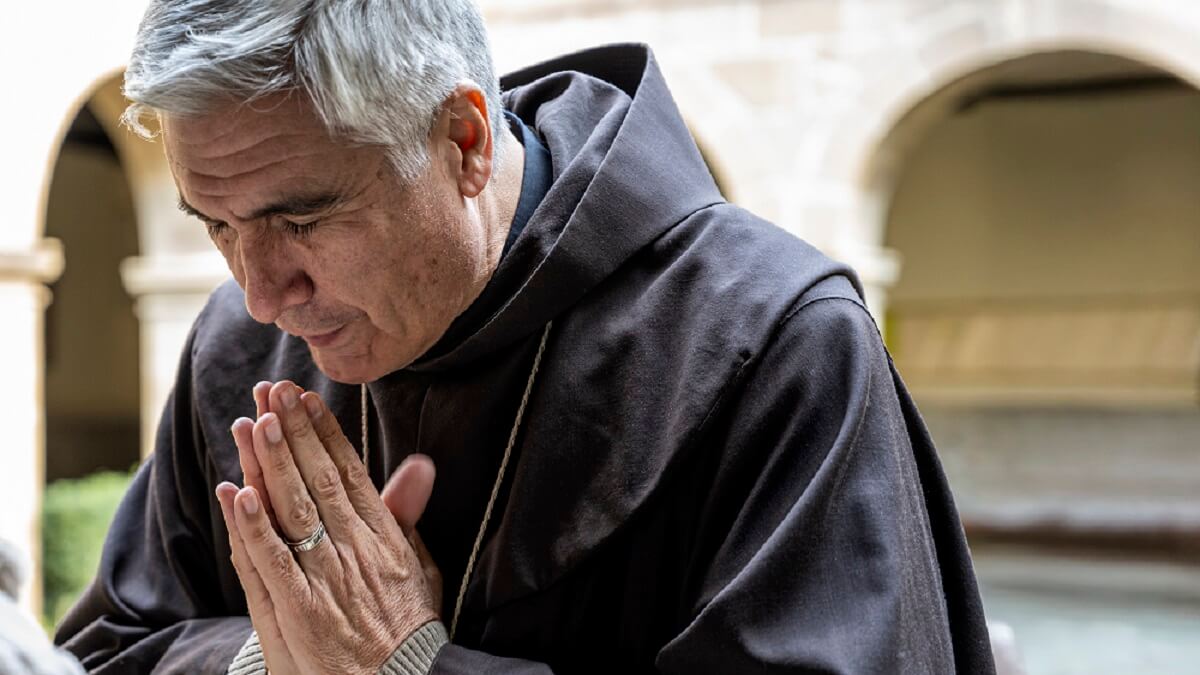
Según ha explicado, Fray José Adolfo Larregain, en la década de los 70, recuerda cómo el ocho de enero ha sido emblemático por el desplazamiento de Fuerzas Armadas, al borde de una guerra con un país hermano, por cuestiones territoriales. La hábil mediación de la Santa Sede, a través del cardenal Antonio Samoré, fue extraordinaria para lograr la paz. Este representante personal del papa Juan Pablo II mantuvo duras negociaciones para evitar un enfrentamiento armado. La Santa Sede desempeña un papel especial en el tratamiento de conflictos con la aspiración de alcanzar el bienestar de la humanidad, la protección de la dignidad humana y la promoción de la paz.
La celebración de un encuentro entre altas instancias de la Iglesia y medios de comunicación nacional e internacional, en esto días y en diferentes localidades de Cantabria, ha servido de plataforma de lanzamiento de la propuesta del Camino Lebaniego, dentro del Congreso Itinerante Año Jubilar 2025. La prensa ha podido ser protagonista del posicionamiento de esta ruta, como un destino de turismo religioso, cultural y sostenible, promoviendo su relevancia histórica y espiritual, tanto en España como en el ámbito internacional.
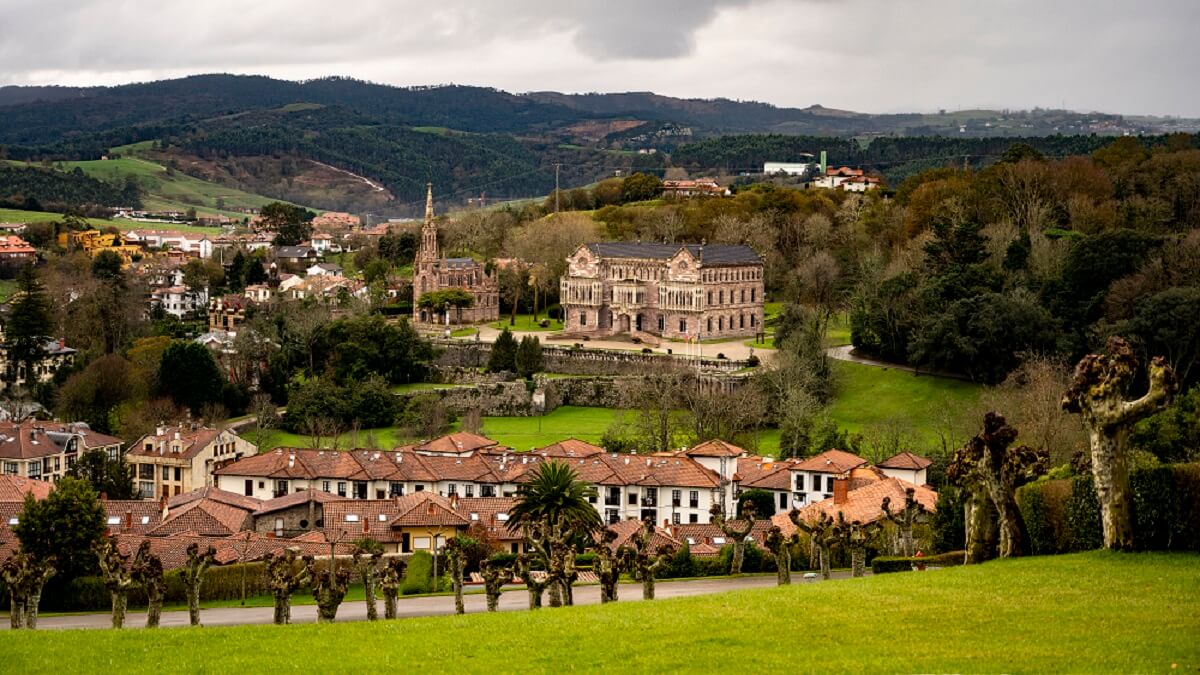
On the question posed to this Franciscan religious about the mediating role of the Church in the face of the conflicts ravaging the world, Monsignor José Adolfo Larregain alluded to the Holy Father's interesting motto for this year: ‘Pilgrims of Hope’. A path to remember because the work of the church is essential in many areas and aspects. Silently and from below, so that it can really be sustained over time.
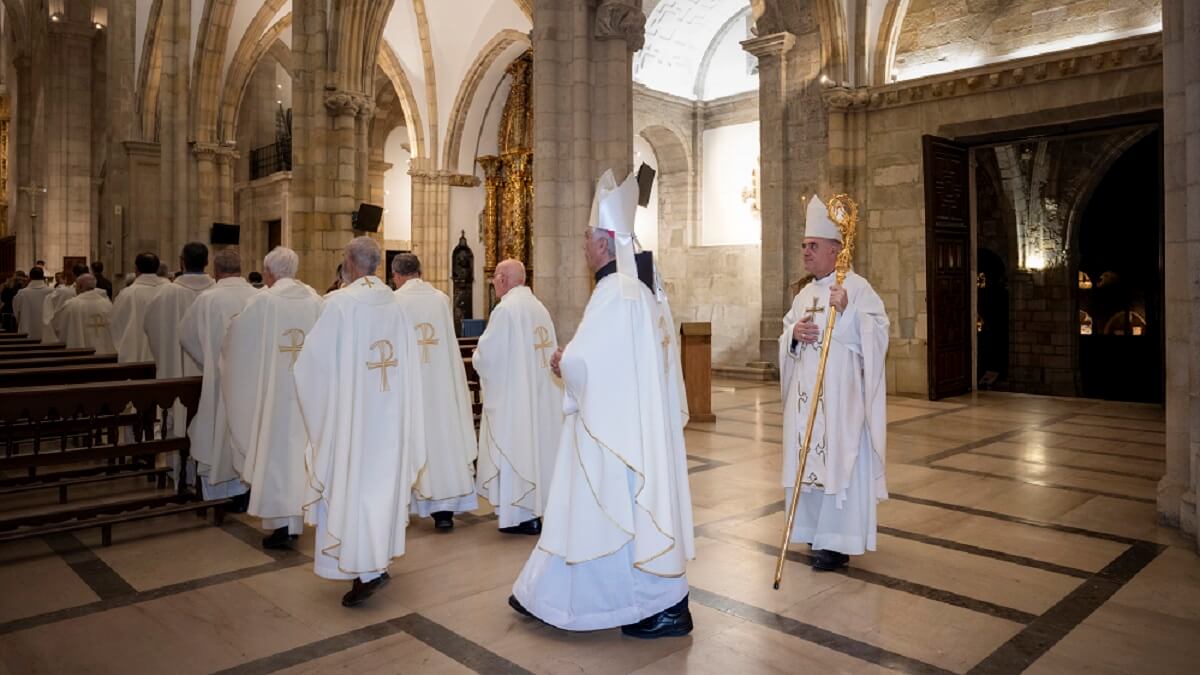
For the bishop of Corrientes (Argentina), emphasis must be placed on the words ‘pax’ and ‘shalom’. Both words integrate all possible actions, so that the work of the Holy See's diplomacy reaches its maximum objective: that peace becomes a reality that nations live. Peace is a task and a commitment to be built, a process of concrete actions that aspire to obtain justice and truth. ‘Shalom’, more than a state or an external political condition, is a state of mind and heart.
Thus, on 24 December, the Vatican will open the Holy Door of St. Peter's Basilica, a gesture that will mark the beginning of the Extraordinary Jubilee 2025, under the aforementioned motto: ‘Pilgrims of Hope’.
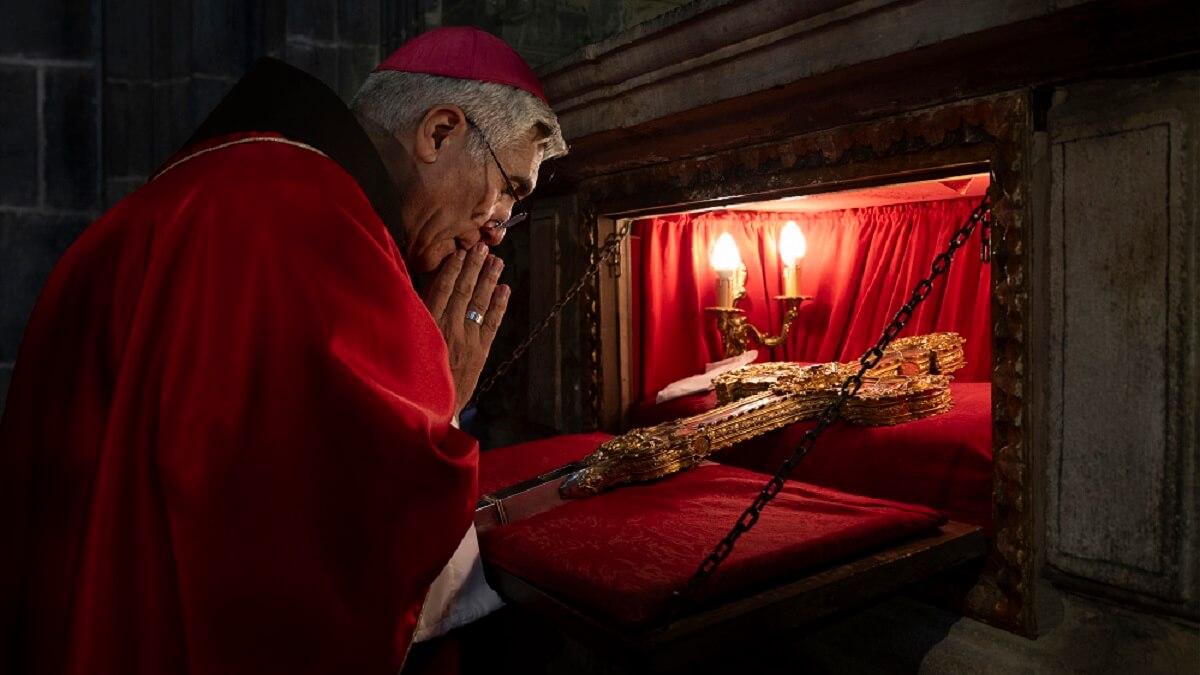
For the Argentinean bishop, the ‘Days of Peace’ will take place at the beginning of January, inviting people to reflect and think about specific actions. The assistance work of Caritas International is worth mentioning. These are ways of contributing to peace where the Church is present. ‘I can only be grateful for having made an inner journey together with the press and the management of this event, allowing me to encounter Mother Nature and the Cross of Christ’, said the Argentinian bishop.
The Jubilee Year 2025 is a Catholic celebration of great importance, focusing on the Monastery of Santo Toribio de Liébana, which houses the ‘Lignum Crucis’, the largest fragment of the Cross of Christ. This festival is part of a tradition that invites thousands of pilgrims and tourists to connect with the spirituality and culture of the place. In addition to the pilgrimage, the Jubilee Year 2025 of the Catholic Church addresses aspects of sustainability and promotion of Cantabria as a destination for religious and cultural tourism. This proposal joins the campaign already created by the regional administration entitled ‘The Way continues’ in order to give continuity to the Jubilee Year of this destination ended last April 2024. Making a journey together with what implies patience, help and solidarity.
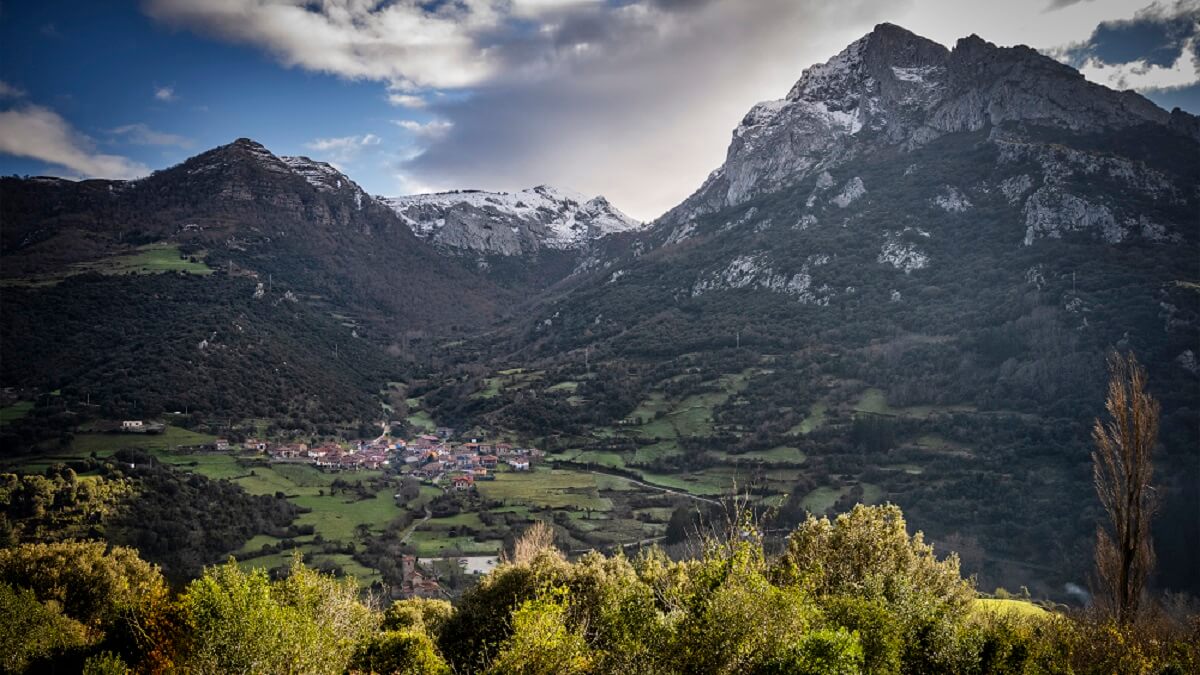
In this sense, ‘the pilgrim is the one who goes to a place to find, while the tourist is the one who crosses the world’, this is how Pilar Valdés, general director of the World Network of Religious Tourism Destinations, (programme of the Think Tank ‘Tourism and Society’), presented herself during a press conference in Potes to launch the itinerant Congress of Religious Tourism, ‘Camino Labaniego’, by means of an international Fam & Press Trip.
Carmen Chamorro, director of the CIP/ACPE and graduate in International Relations and Business Tourism by the SEI.

